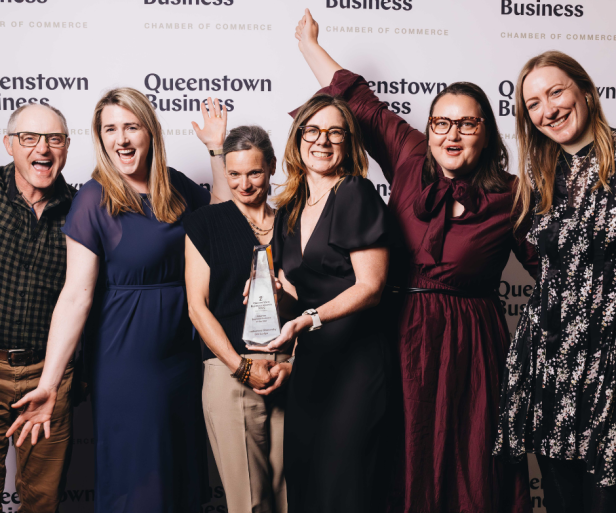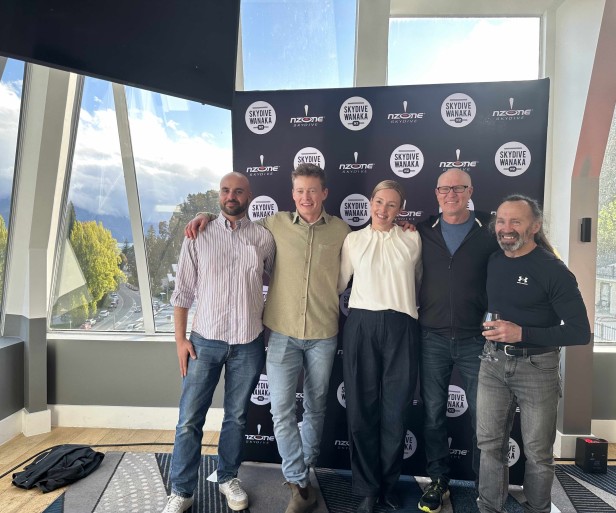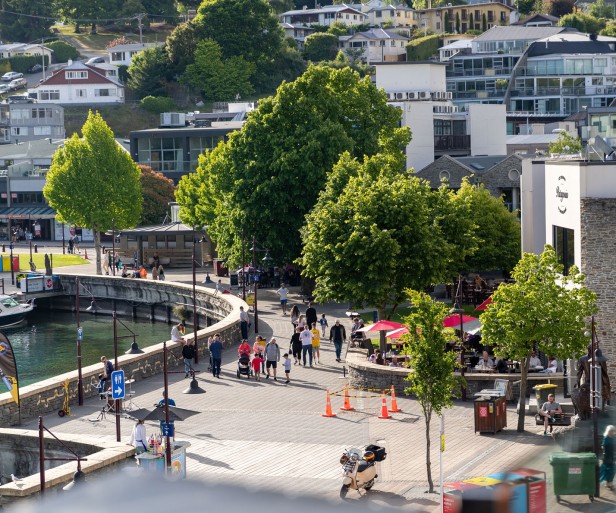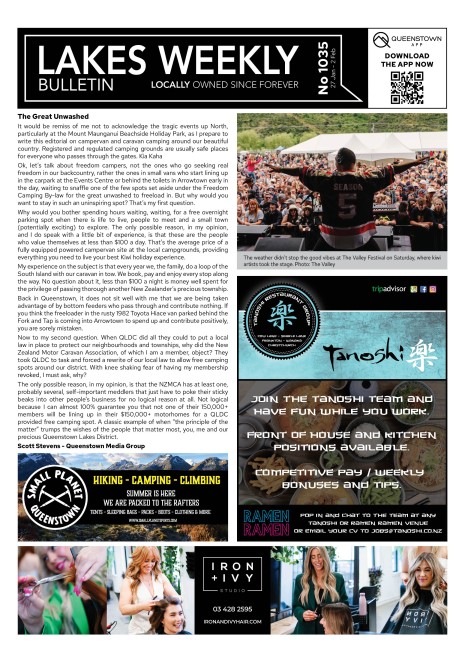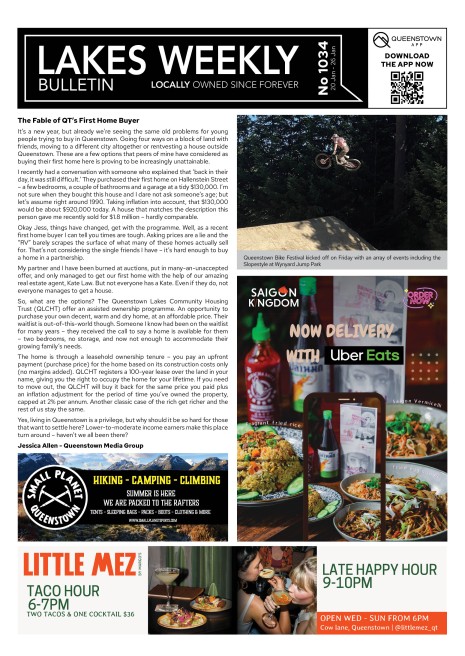Queenstown’s Zenkuro sake brewery doubling in size
Queenstown’s internationally-acclaimed, gold medal-winning Zenkuro Sake is doubling the size of its Gorge Road brewery operation this winter, as part of a move to double production during the next two years.
NZ’s first and only sake brewery launched straight onto the world stage in 2016 after three Kiwi mates, who loved sake and were married to Japanese women, decided to try making some. They took out the London International Sake Challenge, fending off Japan’s best for gold.
Zenkuro has netted a total of nine international sake medals since then, the latest a silver for its popular Whakatipu Sleeping Giant Sake at the Luxembourg Sake Challenge, late last year.
Head Brewer and Director Dave Joll says demand is such that they need to increase production to keep up, with sales up 40 percent during the past year. “We’re taking over neighbouring space in our building in two stages, starting in the next couple of months, to give us the additional floor area” says Dave. The brewery floor area will grow from 120sqm to 260sqm within the next year.
“We’re maxed out for space here and we’re aiming to double last year’s production within the next two years up to 10,000 litres by December, 2024. Production was at 5000 litres at the end of last year and he says they’re tracking for 7500 litres this year. That translates from 6600 (750ml) bottles to 13,200 bottles in these two years.
Zenkuro now supplies at least 60, mostly high end, NZ restaurants and bars, about 30 of them in Auckland, and only a third are Japanese restaurants, with the sake varieties also complementing modern Kiwi and European cuisine.
Zenkuro also exports a small amount of sake to Japan to a few exclusive Tokyo restaurants, which is a huge honour, as well as to Singapore, Hong Kong and Australia.
“We’ve had wonderful support locally from Queenstown restaurants, bars, and regular customers, which increased our confidence,” says Dave. The Whakatipu Sleeping Giant, produced through Zenkuro’s unique rock press method, sells well with its local legend. The rest of the nine varieties are produced using the traditional drip pressed method, and various combinations of the two pressing methods.
Online sales business has grown tremendously since Covid sent everything online. “I think during Covid everybody had to focus on online sales and people got used to enjoying sake at home. Before that they probably only drank it in a Japanese restaurant,” says Dave. With top chefs incorporating sake and sake kasu – the fermented by-product of its production, into cooking, Kiwis are getting used to the idea of incorporating sake into different kinds of food.
The extra space will allow for more brewing tanks and equipment and incorporate more retail space and a dedicated sake education facility. Dave, a fully-qualified, licensed sake educator, is keen to develop the education aspect of the business into a more structured sake school on site. This will particularly target restaurants and bars, offering classes on sake, its culture, history, tasting and production. “A lot of people working in food and beverage don’t know enough, or are not confident, when serving sake.” Dave, who completed his sake school licence qualifications while the borders were closed, says there’s so much to learn, even about serving sake hot or cold, and how to recommend it. “It will give more confidence to people in restaurants and retail outlets.” He’s been offering the courses casually in NZ for the past 18 months.
At this stage the Zenkuro team is hoping to manage the expansion by working with greater efficiencies in its current team, but extra staff may be called on from time to time.



